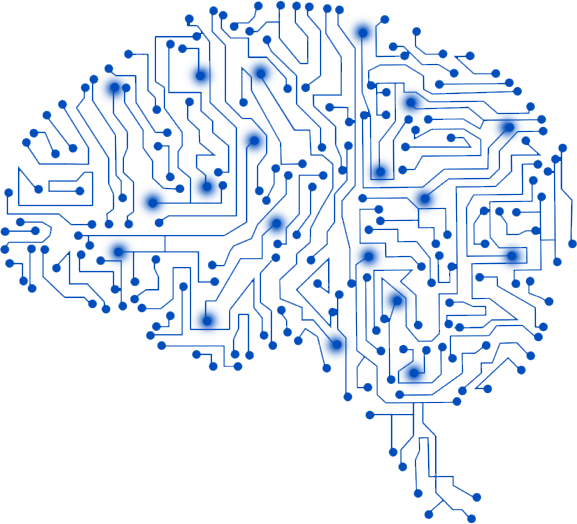Electrons have a unique spin. Scientists working on quantum computers have been trying to use this characteristic electronic spin of individual electrons in quantum dots to serve as the smallest units to store information. However, the process is massively time-consuming. However, scientists from the University of Oxford, in collaboration with Basel and Lancaster University, have developed an algorithm for machine learning that can be used to measure quantum dots automatically.
Dr. Natalia Ares from the University of Oxford’s Department of Materials said: ‘For the first time, we’ve applied machine learning to perform efficient measurements in gallium arsenide quantum dots, thereby allowing for the characterization of large arrays of quantum devices.’
Scientists have already discovered for many years that the characteristic electronic spin of electrons is the smallest and a perfect candidate for the storage of information. These information units to be used in quantum computers are called “qubit”.

Professor Dr. Dominik Zumbühl from the University of Basel said: ‘With this work, we’ve made a key contribution that will pave the way for large-scale qubit architectures.’
Quantum dots are tiny semiconductor particles of the size of a few nanometers. Individual electrons, with distinct electronic spin, are trapped inside the quantum dots. With changing voltages inside the trap, the electrons inside the quantum dot can be controlled reliably and their spins can be varied by changing the voltages.
However, this process of tuning the number of electrons, coming into the quantum dots from reservoirs via tunneling effects, and controlling the spins of electrons has to be done very carefully to achieve optimal results. Several quantum dots are used simultaneously in quantum devices, and this tuning process becomes a very time- consuming process.
Now the scientists, by providing data of varying voltages across the quantum dots, for machine learning, have trained the machines to carry out this humongous task.
This breakthrough algorithm for machine learning to fine-tune quantum dots will help to automate the process.
Also Read: Artificial Intelligence – Genie in a bottle

Muhammad Abdullah Khan has done bachelors in Chemistry from Government College University
Lahore. He is a science enthusiast and loves to read and write about astronomy, cosmology and latest
scientific endeavors.

